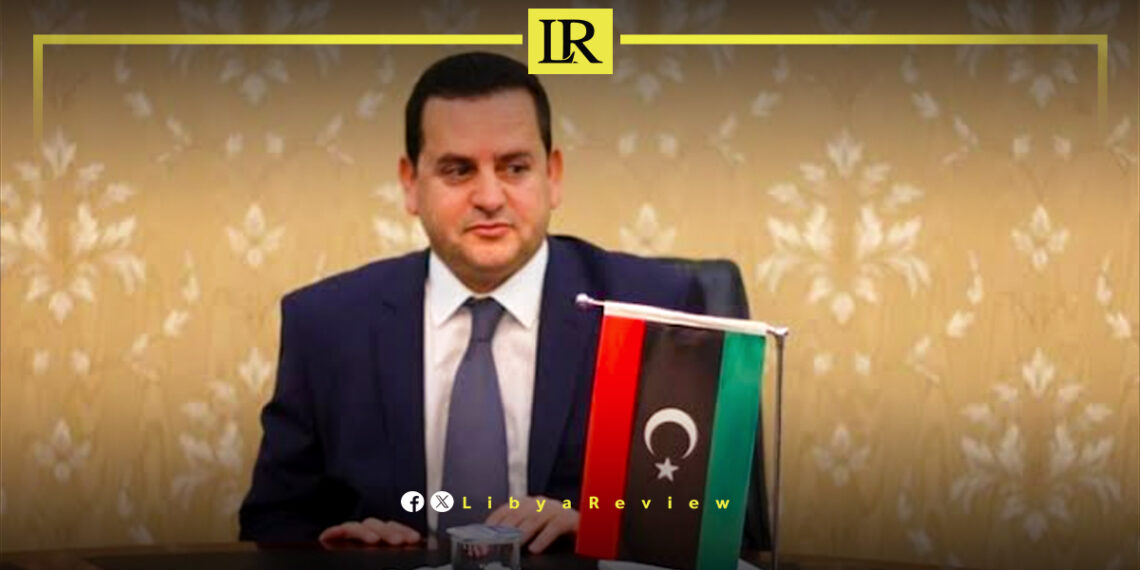Libya’s Minister of Foreign Affairs and International Cooperation, Dr Abdel-Hadi Al-Hwaij, has received an official invitation to visit Moscow, in a move aimed at expanding bilateral cooperation between Libya and Russia.
In a phone call with Russian Deputy Foreign Minister and Special Presidential Envoy for the Middle East and North Africa, Mikhail Bogdanov, both officials emphasised the importance of strengthening strategic relations and enhancing coordination between the two nations.
The two diplomats discussed the latest regional and international developments, with a particular focus on efforts to promote peace and stability across the Middle East and beyond.
According to Libya’s Foreign Ministry, the invitation reflects a shared interest in deepening political dialogue and broadening the scope of mutual cooperation, especially in light of ongoing geopolitical shifts and regional security challenges.
The call forms part of a broader framework of diplomatic coordination between Tripoli and Moscow, as both countries explore avenues for long-term partnership.
Libya has been in chaos since a NATO-backed uprising toppled longtime leader Muammar Gaddafi in 2011. The county has for years been split between rival administrations.
Libya’s economy, heavily reliant on oil, has suffered due to the ongoing conflict. The instability has led to fluctuations in oil production and prices, impacting the global oil market and Libya’s economy.
The conflict has led to a significant humanitarian crisis in Libya, with thousands of people killed, and many more displaced. Migrants and refugees using Libya as a transit point to Europe have also faced dire conditions.
The planned elections for December 2021 were delayed due to disagreements over election laws and the eligibility of certain candidates. This delay has raised concerns about the feasibility of a peaceful political transition.
Despite the ceasefire, security remains a significant concern with sporadic fighting and the presence of mercenaries and foreign fighters. The unification of the military and the removal of foreign forces are crucial challenges.


